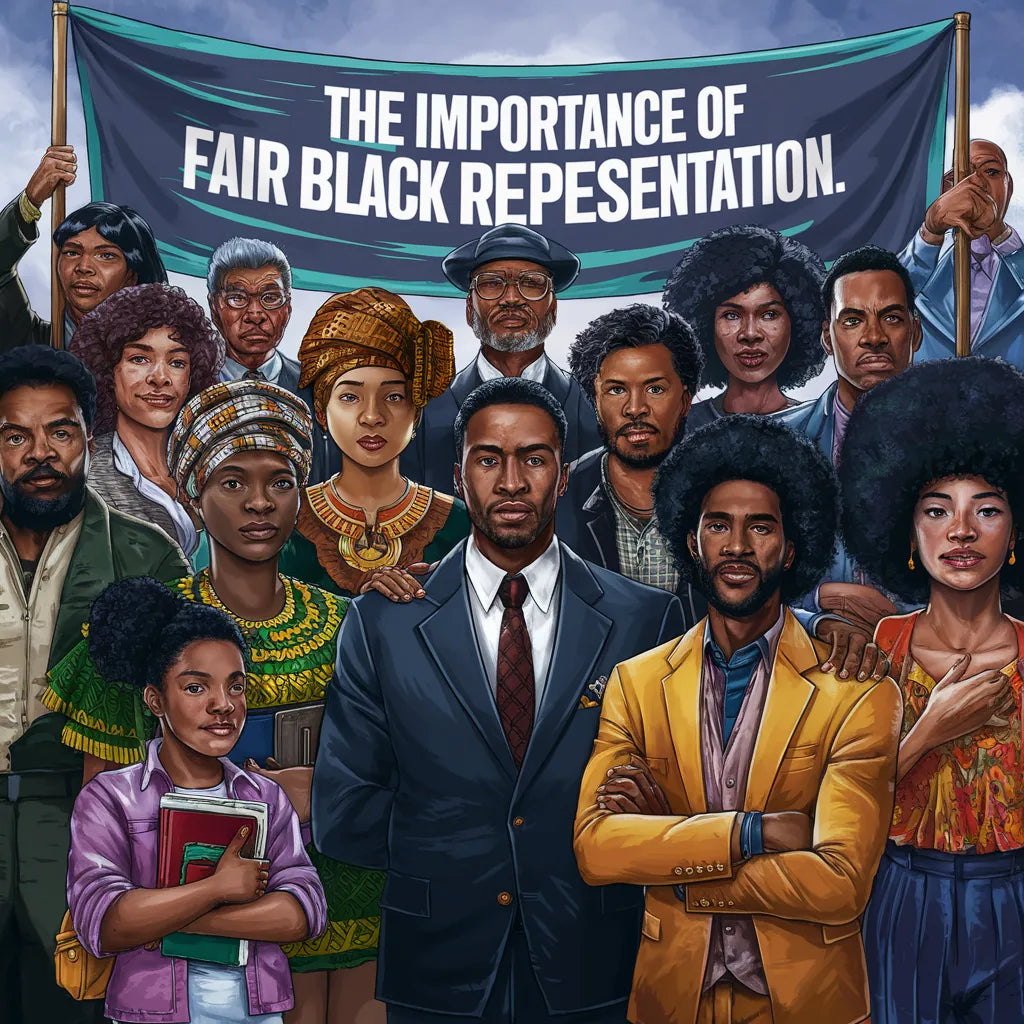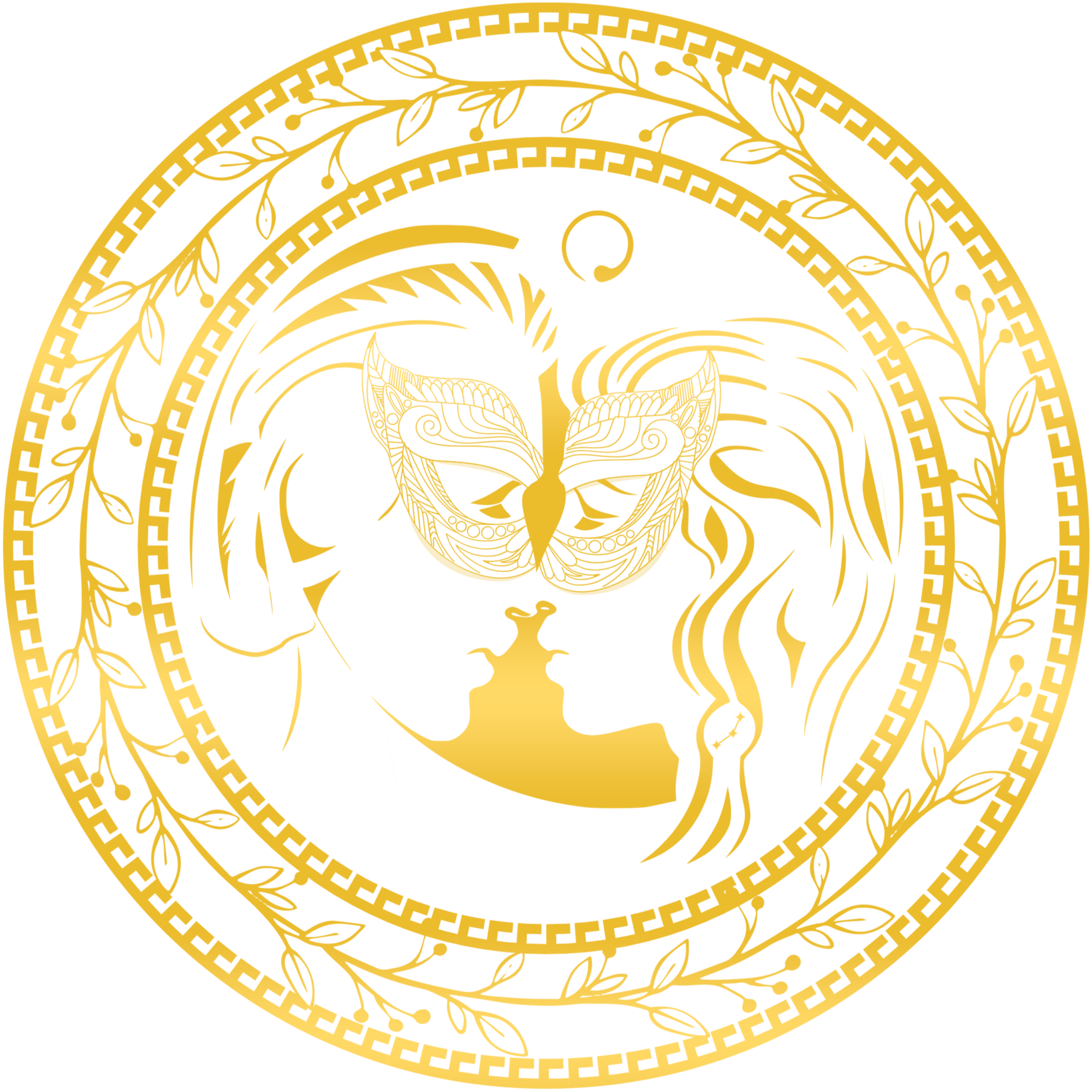
The Importance of Fair Black Representation
Share
In today's diverse beauty landscape, the call for inclusivity and fair black representation cannot be overstated. With a growing awareness of the unique hair and skincare needs of the black community, brands are stepping up to ensure that these consumers are not just seen but also catered to with tailored products and services. Here, we delve into the necessity of fair representation in beauty and the impact it has on individuals and the industry as a whole.
Understanding the Unique Needs
The hair and skin of black individuals come with specific requirements that differ from other ethnicities. From the tight curls and textures of Afro hair to the specific skincare concerns like hyperpigmentation and the need for adequate sun protection, it is essential that products are designed with these needs in mind. Fair representation means acknowledging these unique attributes and offering solutions that work.
The Role of Ayurveda in Black Skincare
by Angélica Echeverry (https://unsplash.com/@angelicaecheverry)
Ayurveda, an ancient holistic healing system from India, has gained popularity for its natural approach to wellness, which extends to skincare. Its principles can be particularly beneficial for black skin, which may be more prone to dryness and inflammation. By incorporating Ayurvedic practices and ingredients like turmeric, honey, and neem, skincare routines can be enhanced to support the health and beauty of black skin.
The Impact of Representation
Seeing oneself reflected in beauty campaigns and on product packaging is a profound experience. It sends a message that all beauty is valued and recognized. When black models and influencers are featured prominently, it not only boosts self-esteem within the community but also educates others on the diversity of beauty standards.
Breaking Stereotypes and Building Confidence
Fair representation goes beyond visibility; it's about portraying black individuals in diverse and authentic ways that break free from stereotypes. When black men and women are shown in a variety of roles and with varying skin tones, hair types, and styles, it normalizes the beauty of black features and builds confidence within the community.
The Business Case for Diversity
Brands that prioritize fair black representation are not just doing the right thing socially; they're also tapping into a lucrative market. The black community is known for its strong buying power, particularly in the hair and beauty sector. By addressing their needs, businesses can build loyalty and a reputation for being inclusive.
Expanding the Market Reach
Inclusive brands are more likely to attract a broader audience. When consumers see that a company is committed to serving diverse populations, they're more inclined to support it. This expansion is not limited to the black community but extends to all consumers who value diversity and representation.
The Way Forward
The beauty industry has made strides in fair black representation, but there is still work to be done. Continuous dialogue with black consumers, hiring diverse teams, and investing in research and development for products catering to black hair and skincare are key to maintaining momentum. As society evolves, the beauty industry must keep pace, ensuring that fairness and inclusivity are not just trends but enduring values.
Fair black representation in beauty is not just a moral imperative but a celebration of diversity. It enriches the industry, empowers individuals, and paves the way for a more inclusive future for all.

